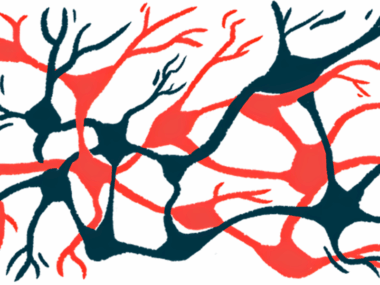CND, Beth Israel team on diagnostic tests for neurodegenerative diseases
Agreement will give CND access to technology linked to its Syn-One Test
Written by |

Note: This story was updated March 24, 2023, to correct the name of CND Life Sciences.
CND Life Sciences has signed a licensing and collaboration agreement with Beth Israel Deaconess Medical Center (BIDMC) in Boston to develop minimally invasive, diagnostic tests for Parkinson’s and other neurodegenerative diseases.
The agreement will give CND access to technology linked to its Syn-One Test, a diagnostic skin test for synucleinopathies — a group of conditions such as Parkinson’s marked by the toxic buildup of alpha-synuclein protein clumps inside nerve cells.
Previous studies suggest these disorders are misdiagnosed in more than 30% of cases, especially during the early stages. Diagnostic tests using reliable markers reduce the number of tests and identify patients eligible for early treatment.
“We are very excited to have this collaboration with BIDMC in our efforts to move the neurodegeneration field forward, starting with the Syn-One Test,” Todd Levine, MD, the chief medical officer and co-founder of CND, said in a joint press release. “Syn-One is changing the way clinicians diagnose many of these complex neurodegenerative diseases, and in parallel, biopharmaceutical companies are realizing how important it is to use Syn-One as a biomarker for clinical trials targeting alpha-synuclein.”
Under the collaboration, the companies also intend to identify reliable skin biomarkers of other neurodegenerative diseases, such as Alzheimer’s.
“BIDMC looks forward to working with CND in the field of neurobiology,” said Gyongyi Szabo, MD, PhD, chief academic officer of BIDMC. “Technological breakthroughs in neurodegeneration diagnosis and treatment should substantially improve patient care in the next decade.”
Syn-One Test’s development was based on technology and expertise from BIDMC’s Center for Autonomic and Peripheral Nerve Disorders and the labs of Roy Freeman, MD, and Christopher Gibbons, MD, two neurologists at BIDMC.
Supported by a Small Business Innovation Research grant from the U.S. National Institutes of Health, the test requires only three punch skin biopsies from a person with a suspected condition.
The procedure uses a circular tool that “punches” the skin’s surface to collect a portion of tissue containing all the skin’s layers. The samples are then examined for abnormal alpha-synuclein deposits inside skin nerve fibers.
Test results include information regarding the presence or absence of alpha-synuclein clumps as well as images of the patient’s nerve fibers as evidence of the lab findings.
According to CND, a preliminary analysis of results from 242 Syn-One Tests showed a test sensitivity of more than 95% and specificity of more than 99%. A test’s sensitivity is its ability to correctly identify those with a given disease, while specificity refers to correctly identifying those without it.






